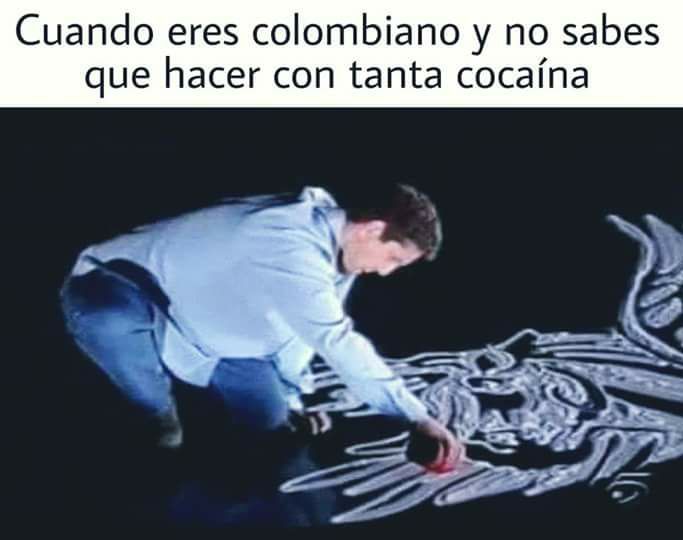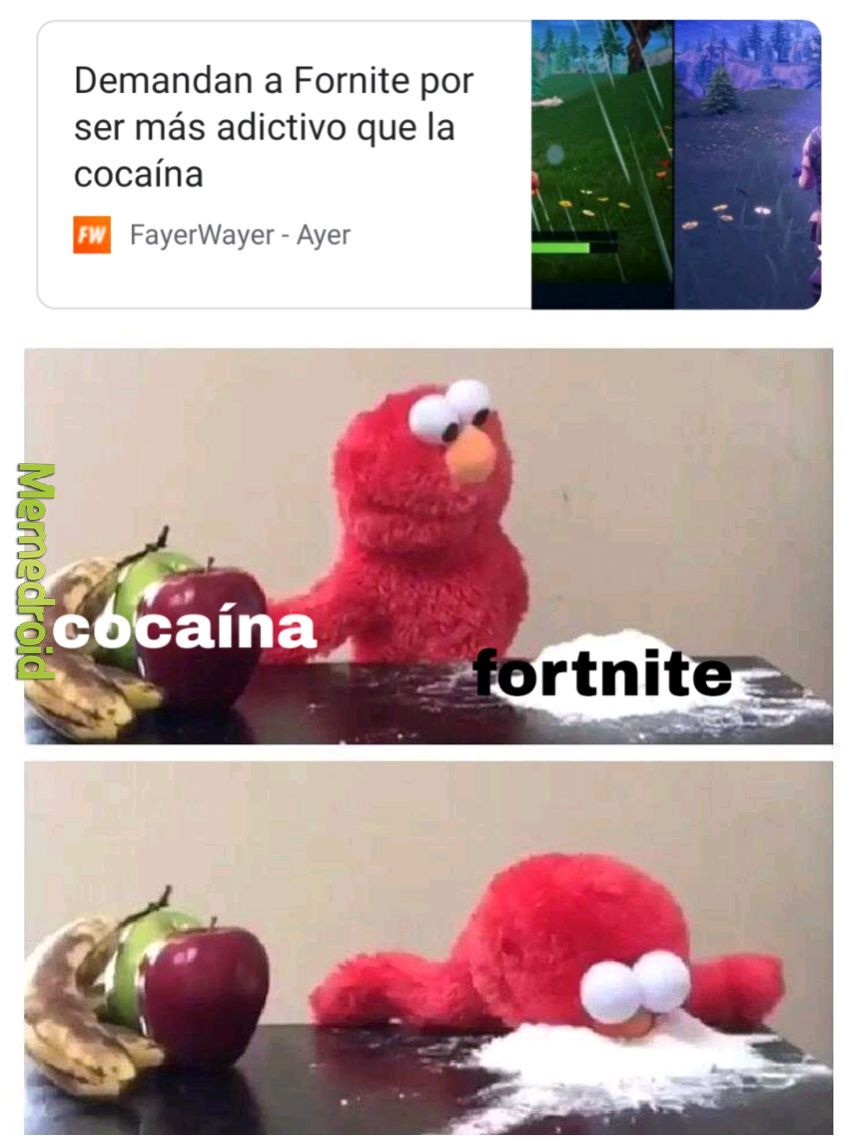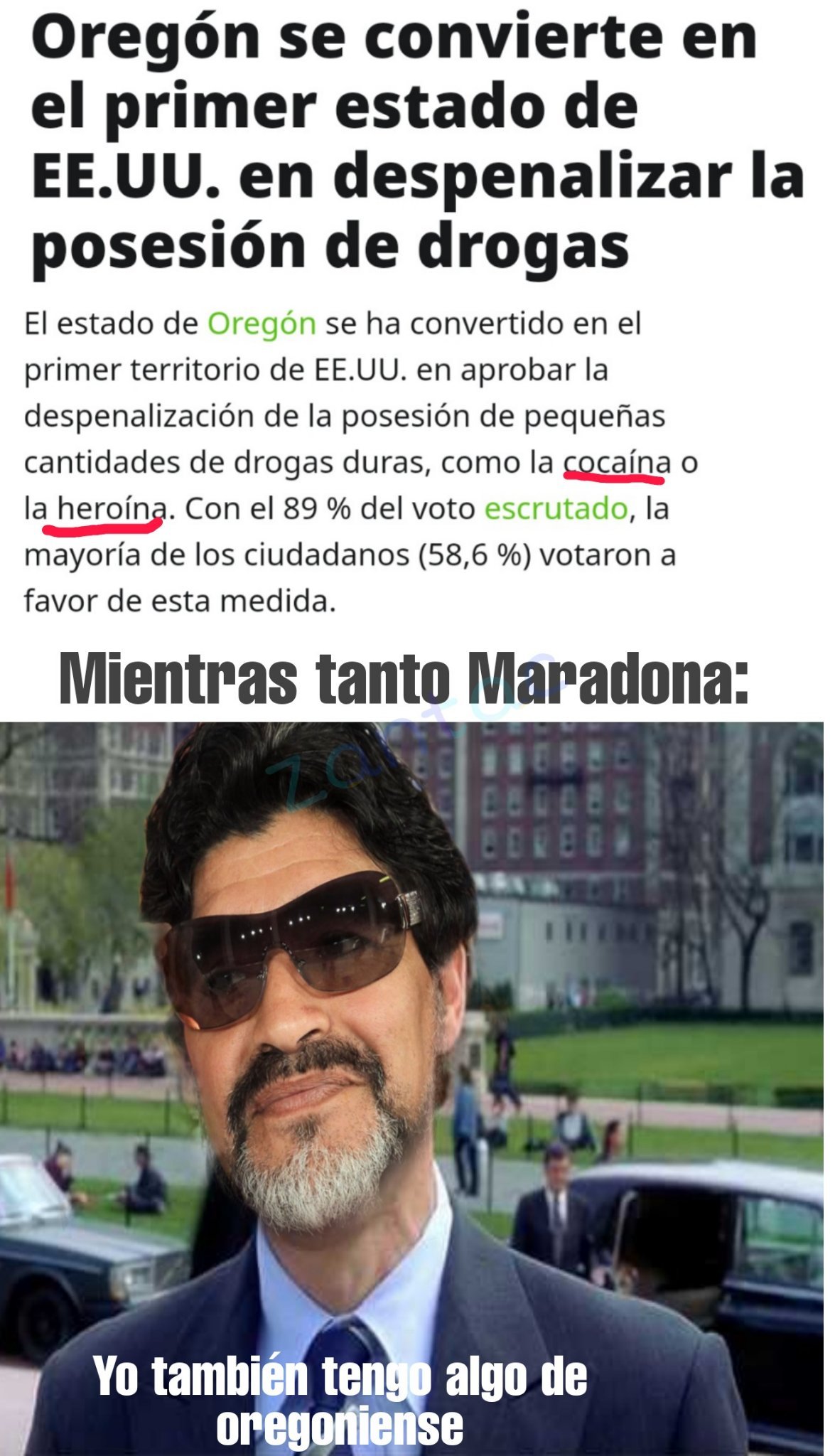Cocaine Gifs & Memes: Funny & Viral Content You Need Now!
Is humor the ultimate coping mechanism, or simply a reflection of our times? The internet, a vast and often unpredictable landscape, has become a breeding ground for memes, gifs, and short-form videos that grapple with difficult subjects, sometimes with a degree of flippancy that belies the underlying complexity.
The ubiquity of platforms like Tenor, a GIF keyboard maker, underscores this trend. Users are encouraged to "add popular cocaine animated gifs to your conversations," inviting a seemingly lighthearted engagement with a substance that has a dark history. These digital snippets, often repurposed and remixed, become part of the daily vernacular, their rapid dissemination and consumption blurring the lines between entertainment and social commentary.
The availability of such content raises crucial questions about the normalization of certain topics. Is the casual sharing of "cocaine memes" harmless fun, or does it contribute to a desensitization towards substance abuse? The answer is likely nuanced, dependent on the individual's perspective and the context in which these materials are viewed. Sharing these images may provide a way to explore and express sentiments surrounding drug use, but it can also cause some distress.
In the Spanish-speaking world, the phenomenon takes on a similar shape. Phrases like "Aade los gifs animados ms populares de cocaina a tus conversaciones con tenor, el creador de gif keyboard," echo the English-language directives, inviting users to participate in this particular form of digital expression. The intent is often humorous, offering a "dosis diaria de humor," a daily dose of humor to help navigate the complexities of life. But the cultural context is crucial; what is considered acceptable or offensive can vary widely.
The "mexicanmemes community" on platforms like Reddit offers another window into this digital ecosystem. Described as "the greatest of the Latin American nations," this community serves as a hub for sharing memes and cultural commentary. However, the presence of content related to drug use, such as the "video of a supposed cocaine seizure by the Mexican police," raises questions about the role of such platforms in shaping social discourse. Is it satire? Is it commentary? Or is it something more?.
The incident showcases how quickly information is spread online, and also how quickly things can be misconstrued. The use of "cocaine memes" is a symptom of the fast-paced, meme-driven online culture, not necessarily its root cause. The memes themselves are often a form of commentary and reflection of those who create and share them.
Then there are the sounds. Sound clips of es cocaina! become viral, echoing a sentiment and a shared experience. These sounds, often repurposed from television and movies, are sampled and remixed, creating a new layer of meaning.
The use of meme generators and the instant availability of meme templates make it remarkably simple for anyone to become a creator. The "es cocaina!" audio clip, for instance, is a product of this, being shared multiple times and available for download. The meme becomes a way of conveying complex ideas or feelings in a simple, shareable format.
The convergence of humor, social commentary, and the potential for misuse calls for a critical eye. Examining the origins, purpose, and reception of these memes becomes crucial. Are they meant to provoke thought, or are they simply a reflection of a world increasingly saturated with information? The user's perception and the cultural backdrop play a critical role in how a meme is interpreted and how it is understood.
The power of the internet lies in its ability to connect people and provide platforms for sharing and expression, but with that power comes the responsibility to exercise caution. The spread of certain memes, particularly those with the potential to normalize sensitive topics, calls for thoughtful engagement and awareness. The answer is not always clear-cut, but the questions raised by this digital landscape are worth exploring.
The viral reach of certain memes and audio clips shows how digital content can swiftly enter mainstream conversation. The creation of memes and GIFs, made easier by online tools, enables people to quickly create and share content. The impact is amplified by the cultural context. In the Hispanic and Latino communities, for example, humor frequently touches on sensitive subjects, reflecting shared life experiences.
The digital space where humor, social commentary, and potentially harmful content converge presents a complicated panorama. Understanding the sources and motivations of these memes is vital. Do they inspire thought or do they simply reflect a world overrun with information? The answers are not always easy, but it is vital to consider the questions raised by this digital world.
The intersection of humor, social commentary, and the potential for misuse requires careful examination. Examining the origins, purpose, and reception of these memes is crucial. Are they meant to provoke thought, or are they simply a reflection of a world increasingly saturated with information? The user's perception and the cultural backdrop play a critical role in how a meme is interpreted and how it is understood. Platforms like Tenor, YouTube channels like "backdoor" specializing in dark humor, and TikTok videos all contribute to the phenomenon. This content is not always bad, but requires careful thought to be understood.
The internet, as it continues to grow, requires more from its users. While platforms like Tenor encourage the use of meme-based content, it is up to the consumer to consume it responsibly. Understanding the source and the intent of the content is key, so as to avoid misunderstandings or any harm it may cause.
The use of these memes can open doors to new avenues for social commentary. It is necessary to be able to discern the difference between comedy and the promotion of potentially dangerous content. Digital content and trends are constantly changing, and with that, users must be aware of what is happening and adapt accordingly.
The availability of content is endless, and the consumer bears the responsibility for their choices. Memes and GIFs may be the newest way to express yourself, but awareness is crucial to using these tools. Using these forms of media can be a great way to express oneself while simultaneously creating an environment that is both meaningful and educational. In this way, the evolution of the internet continues to take place as we learn and change along with it.


